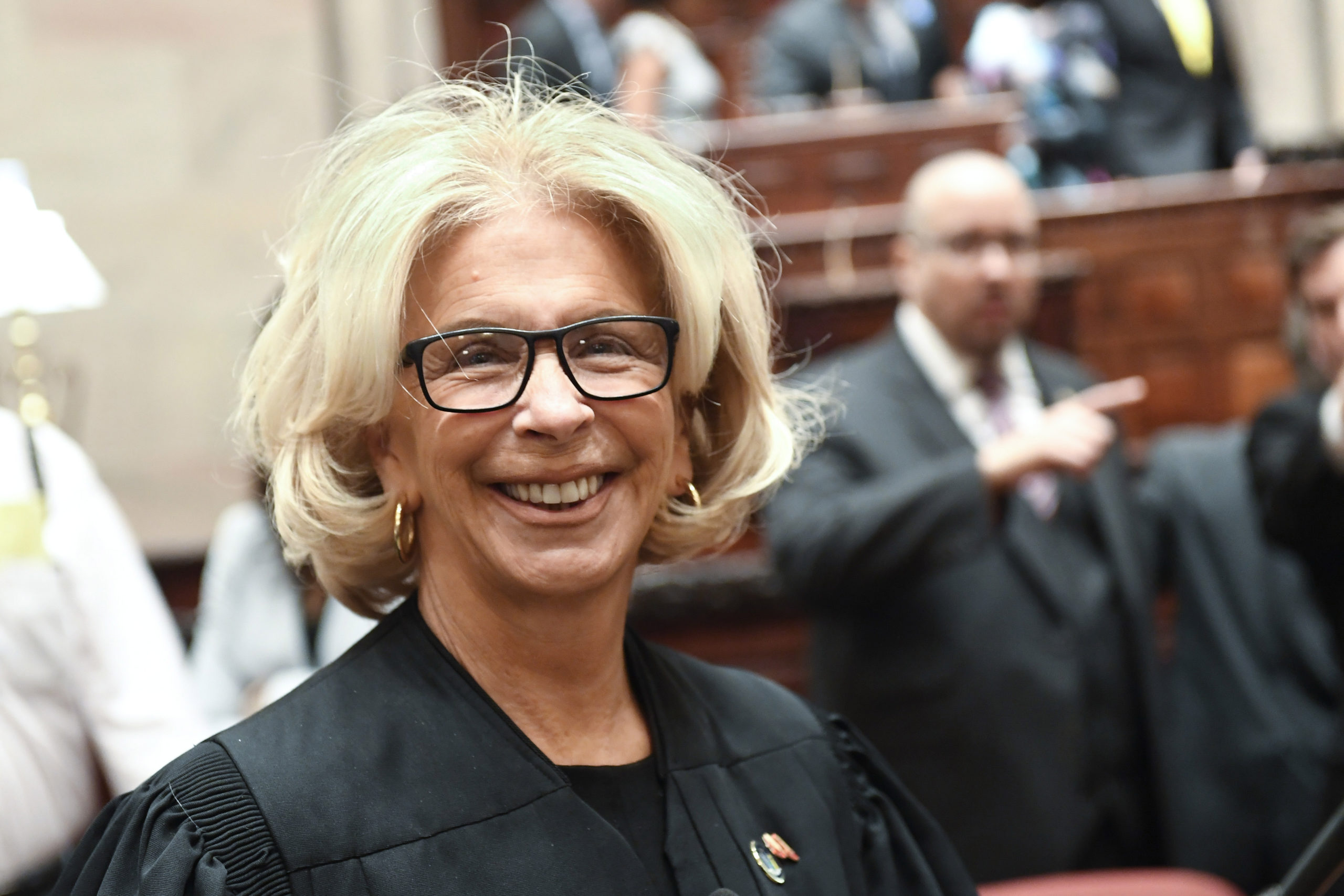The judges’ secret court

Chief Judge Janet DiFiore is under investigation; that much New Yorkers get to know. But they’ll find out precious little more for certain, even if the investigation leads to charges, thanks to the secretive process for disciplining judges in this state.
Only if Judge DiFiore is found guilty of an ethical breach or some other offense would the details become public. If not, the record would be essentially sealed, with no opportunity for public scrutiny.
That’s an extraordinarily secret process for any public servant accused of wrongdoing — a level of concealment that defendants who go before judges certainly don’t enjoy. It’s all the more extraordinary when one considers that Judge DiFiore is the chief judicial officer in the state, empowered to establish the standards and policies that all judges, from the local justice in the tiniest village on up, must abide by.